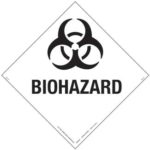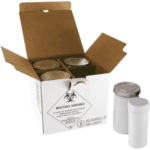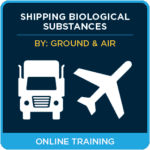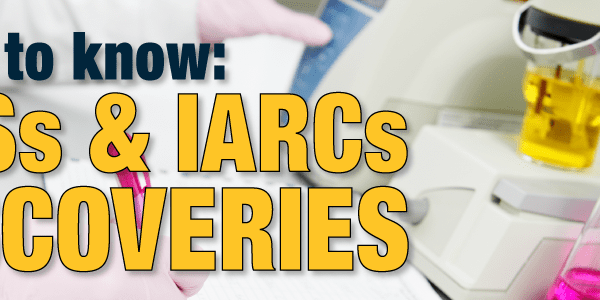COVID-19 has devastated the world for the last two years. As the pandemic rages on it’s also affecting our planet by the sheer amount of waste being created. While increased PPE in the workplace and in public is creating mounds of waste. An increase in medical waste from hospitals, vaccines, testing laboratories is a major effect of Covid-19.
Medical waste isn’t just being generated at hospitals and laboratories anymore, but also at workplaces and our homes. Medical waste as defined by the EPA (US Environment Protection Agency) is healthcare waste that may be contaminated by blood, body fluids, or other potentially infectious materials. COVID-19 PCR tests and rapid antigen tests are considered medical waste under this definition due to their potential containment of infectious materials. COVID-19 PCR tests and rapid antigen tests are considered medical waste under this definition due to their potential containment of infectious materials.
Hospitals and testing laboratories are governed to properly dispose of medical waste. It doesn’t just go in the garbage and off to landfills. As the popularity of at-home rapid antigen tests increases, how is the public to dispose of this waste? In general, this would fall under home healthcare waste like bandages do. But is it cause for concern when on Thursday’s garbage pick-up that includes Covid-19 rapid antigen tests from multiple households and with many of them being positive?
Unfortunately, currently, there is no other reasonable way for households to deal with this medical waste in a safer way. As seen on the websites of many governments and municipalities, including the BC Centre, residents are to dispose of tests in the household garbage.
Schools in the US and workplaces in Canada are required to collect and dispose of any testing materials as medical waste. These institutions are having to learn quickly about proper and safe disposal, and contract companies who can assist with the waste collection. Medical waste requires proper packaging, labeling, and transportation.
In addition to the medical waste generated from at-home tests, it’s also important to recognize that the reagent solutions are potentially quite hazardous as well. While likely the quantity per testing kit isn’t enough to be harmful, once again adding thousands of these kits into garbage trucks on their way to the landfill is something to question.
So, until a safer solution is available, households should continue to dispose of spent Covid-19 tests kits by placing them in a bag, tying the bag, and then placing them in your garbage.
Stay up to date and sign up for our newsletter!
We have all the products, services and training you need to ensure your staff is properly trained and informed.
 Biohazard Mark, Self-Stick Vinyl, Placard,10.75″ x 10.75″ |
 Biological Shipping Kits |
 Shipping Biological Substances & Dry Ice Training Kits |







 ICC USA
ICC USA ICC Canada
ICC Canada